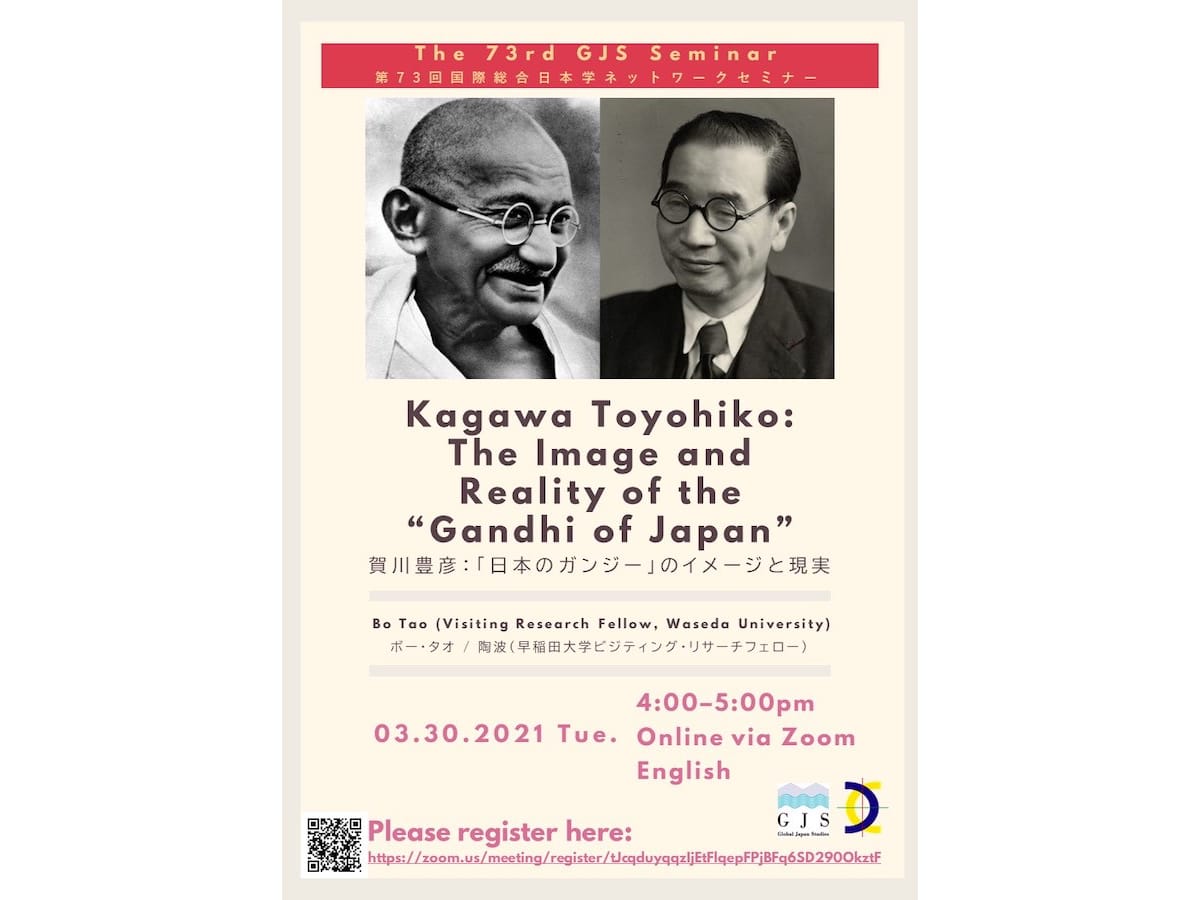
Source: © 2021 Global Japan Studies (GJS), The University of Tokyo
Zoom lecture about Kagawa Toyohiko, “the Gandhi of Japan” on March 30th
- Tags:
- Gandhi / Japanese history / Kagawa Toyohiko / pacificism
Related Article
-
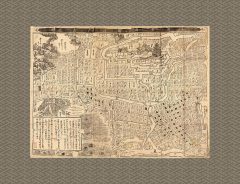
What did old Edo look like?
-
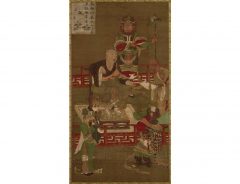
A pioneering pet lover: the “Dog Shogun,” Tokugawa Tsunayoshi
-
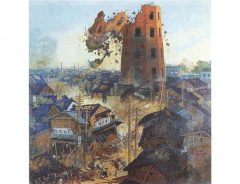
Remembering the Great Kanto Earthquake of 1923
-
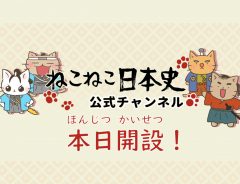
Japanese history, but with all of the historical figures reimagined as cats
-
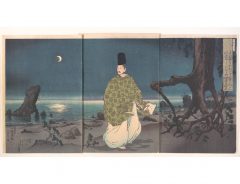
Kuge: Japan’s original art snobs have a lot to answer for
-

The Future of Japan’s Pacifist Constitution


Kagawa Toyohiko
Kagawa Toyohiko (賀川 豊彦 1888-1960) was one of the foremost peace campaigners and internationalists of the twentieth century. He was known as ‘the Gandhi of Japan,’ was the first Japanese person to be nominated for the Nobel Prize in Literature and the first Japanese nominee for the Nobel Peace Prize in the post-war period (1954, 1955, 1956, 1960).
Kagawa was a Protestant Christian pacifist who campaigned to improve the lives of the poor in the slums of early twentieth century Kobe. He wrote, spoke, and worked at length to convince people that Christian principles meant the re-ordering of society along cooperative lines.
Kagawa Toyohiko in 1935. | 賀川豊彦記念・松沢資料館, Public domain, via Wikimedia Commons
He was born in Kobe, the son of a philandering businessman and a concubine. Both of his parents died when he was young and he was sent away to school, where two American missionaries invited him to live with them and took him under their wing. He learned English and converted to Christianity, an act that led to his extended family disowning him.
Kagawa soon grew tired of stuffy doctrinarians and high-flown preachers. For him, Christianity was an active faith that compelled its believers to try to change the world around them.
The Kagawa Toyohiko Museum is in Naruto, Tokushima Prefecture. | そらみみ (Soramimi), CC BY-SA 4.0, via Wikimedia Commons
In 1916, Kagawa published a shocking book based on what he’d seen living in the slums of Kobe. He reported many practices of slum society that were unknown to middle-class Japanese, among them illegal prostitution (i.e., outside of Japan's legal prostitution regime), informal marriages (which often overlapped with illegal prostitution), and the practice of accepting money to care for children and then killing them.
Kagawa helped to organize relief work in Tokyo following the Great Kanto Earthquake of 1923, and played a major role bringing about universal adult male suffrage in 1925. He organized the Japanese Federation of Labour and the National Anti-War League. In the late 1920s, as the Japanese government moved to the right, he called for a peaceful foreign policy and for women too to be granted the right to vote.
Kagawa won many enemies for his outspokenness, but he was unphased by their vitriol. “It seemed that everyone was attacking me,” he said towards the end of his life, “the Soviet Communists, the anarchists, the capitalists, the foul-mouthed literary critics, the sensationalist newspaper men, the Buddhist who could not compete with Christ, and those many Christians who profess Christ but believe in a Christianity which is sterile.”
Kagawa even had the audacity to tell the Japanese Emperor what to do. In 1946, at the Imperial Palace in Tokyo, he told Emperor Hirohito, “A ruler's sovereignty, Your Majesty, is in the hearts of the people. Only by service to others can a man, or nation, be godlike.”
Lecture: "Kagawa Toyohiko: The Image and Reality of the 'Gandhi of Japan'"
© 2021 Global Japan Studies (GJS), The University of Tokyo
Bo Tao, a Visiting Research Fellow at Waseda University, will be giving a one-hour online Zoom lecture about Kagawa Toyohiko on Tuesday, March 30th, 2021 at 4:00 pm. Bo Tao will put the great man in a global framework by examining his relationship with the Indian independence leader Mahatma Gandhi (1869-1948).
The lecture, the 73rd Global Japan Studies Seminar, will be given in English. It has been organised by the Global Japan Studies Network (GJS) of the University of Tokyo and the Institute for Advanced Studies on Asia (IASA).
For more details, including how to register for the event, see here.
__________
Sources: